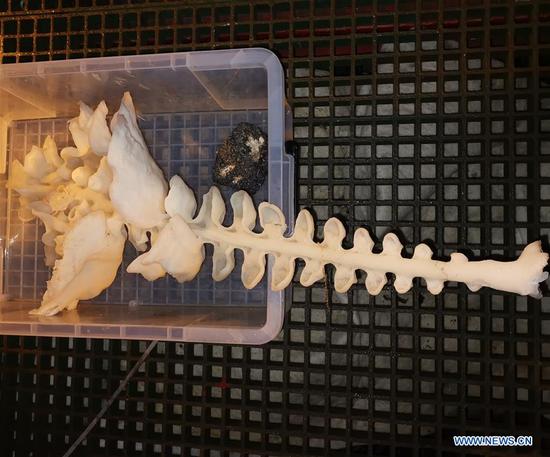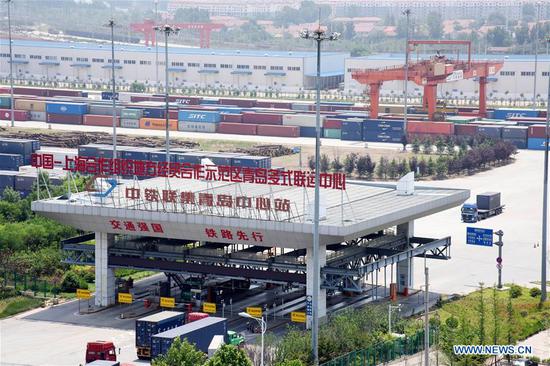Mention panda bond, and another bond pops up in mind. Not "Bond, James Bond", but the dim sum bond, named after Cantonese cuisine's popular food.
Like the panda bond, the dim sum bond is a yuan-denominated debt instrument issued by foreign investors. While panda bonds are issued on the mainland markets, dim sum bonds are issued in offshore markets.
The China Development Bank made the first dim sum bond issuance in Hong Kong in 2007, two years after panda bonds debuted.
In 2011, the reforms initiated by the People's Bank of China and the Ministry of Commerce led to the rapid growth of the dim sum bond market.
Through dim sum bonds, foreign companies can raise funds in Hong Kong and then support their businesses in the onshore markets through the foreign direct investment or FDI route.
Mainland companies can also facilitate overseas direct investment, or ODI, through the offshore market.
Over the years, both onshore and offshore markets have seen bond issuance mechanisms that allowed foreign investors to participate in the Chinese business world.
The bond market opening-up process was consolidated by the launch of the Bond Connect mechanism in mid-2017.
The Bond Connect program allows foreign investors to buy and sell bonds traded in Hong Kong and the mainland, through the connected bond market infrastructure.
Whether it is dim sum bonds or panda bonds, the Bond Connect program linking the mainland and Hong Kong markets has diversified channels for relocating cross-border financial resources.
Central bank data showed that overall foreign bond holdings amounted to about 2 percent of all the bonds issued in the Chinese market so far, and the global holdings of Chinese sovereign bonds stood at about 7 percent.
At this initial stage of Chinese financial market opening-up, foreign investors expect to access the domestic capital market. They tend to be more practical, and express hopes that regulations will be further eased, going forward. At least that's the sense I gather from my interviews with global financial institution leaders.
So far, Chinese regulators have allowed foreign government-backed investors constraint-free access to China's interbank foreign exchange and interest rate derivative markets.
Foreign investors from the private sector can hedge in the onshore market, but the access has been limited, according to data from the International Monetary Fund.
China decided to open up its bond market as part of a larger push to liberalize the capital account. But it is not a linear process. The reform process started almost two decades ago, with setbacks and changes during the 2010s. Going forward, the process may continue to be bumpy.
The pace of reforms will likely depend on the regulators' assessment of vulnerabilities and financial resilience of the local markets. Lest we forget, the opening-up is also a process to secure international investors' commitment to China's capital markets.
In April, the Bloomberg Barclays Global Aggregate Bond Index - it covers assets under management or AUM worth $2.5 trillion - included RMB-denominated government bonds and policy bank bonds.
Two more major global bond indices also plan to include the Chinese bonds: the FTSE World Government Bond Index (AUM: more than $2 trillion) and the JPMorgan Government Bond Index-Emerging Markets (AUM: $250 billion).


















































